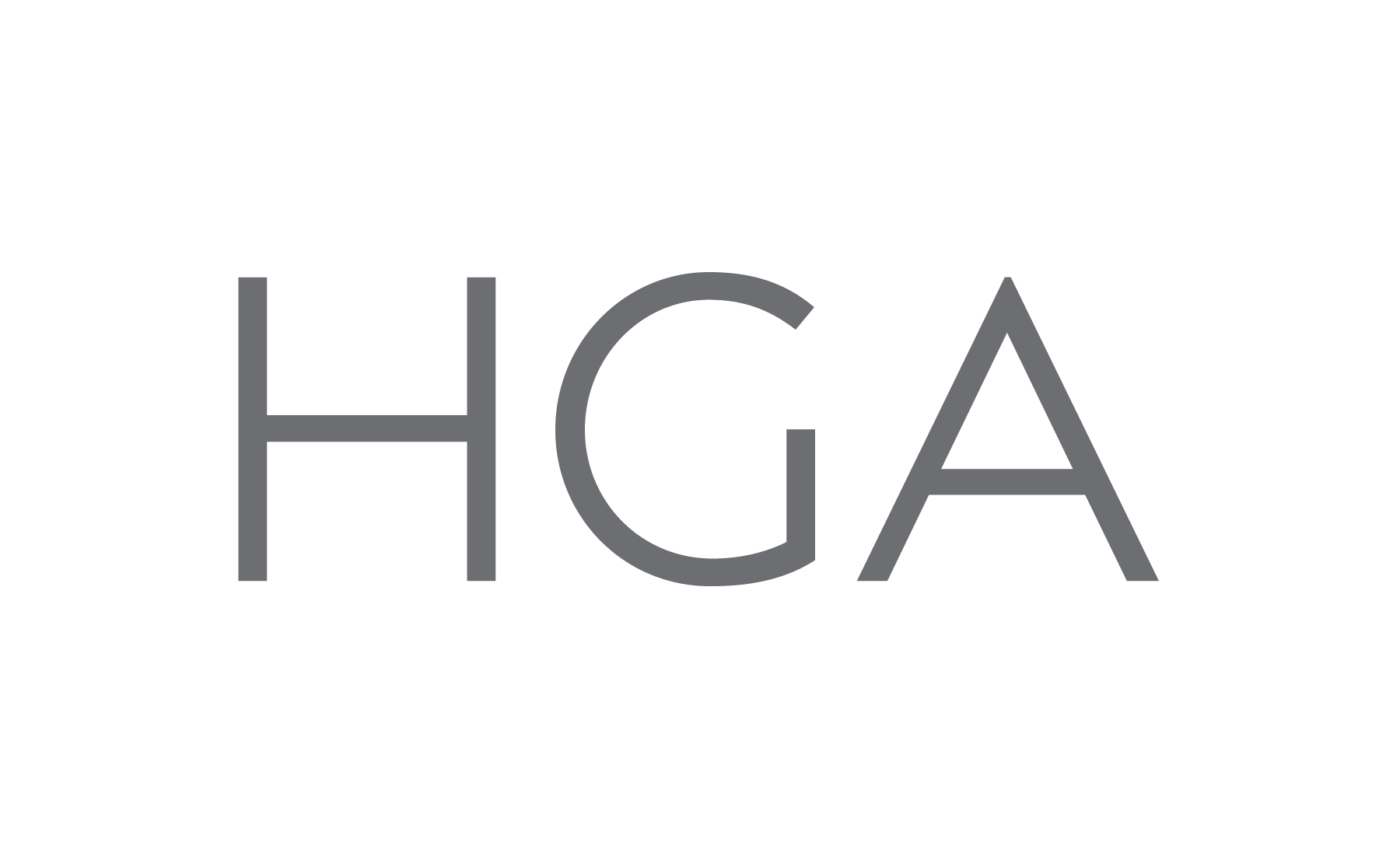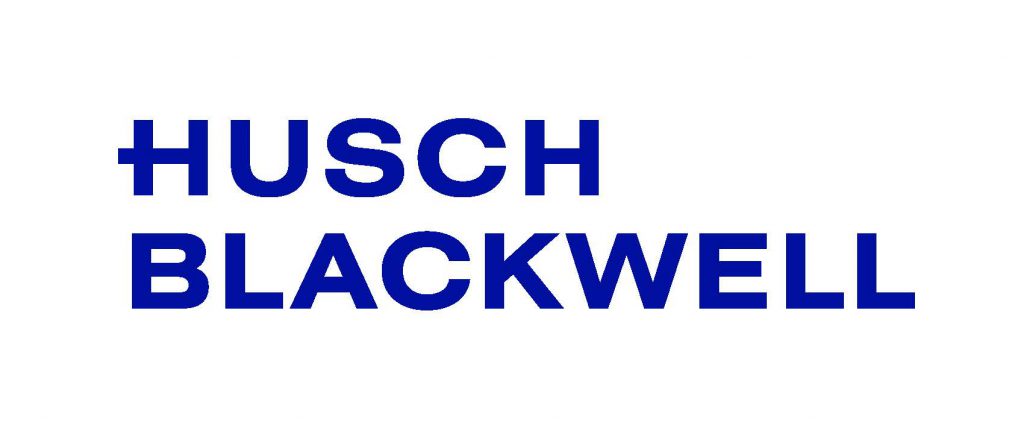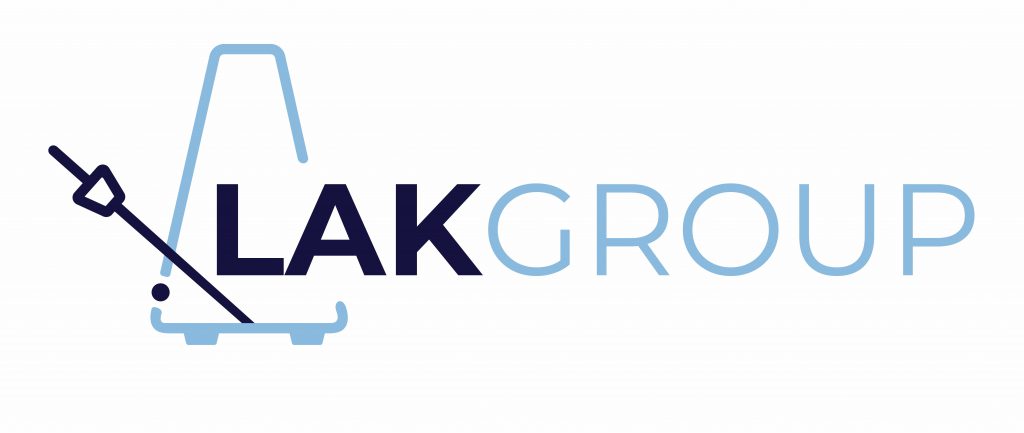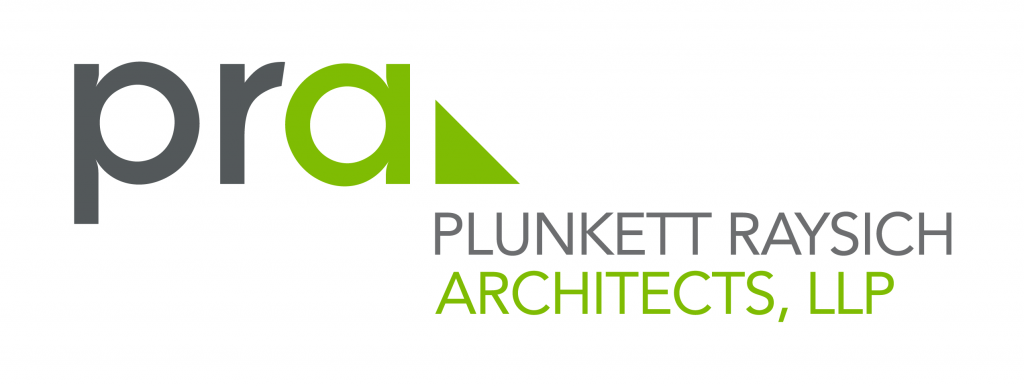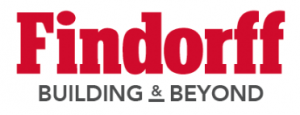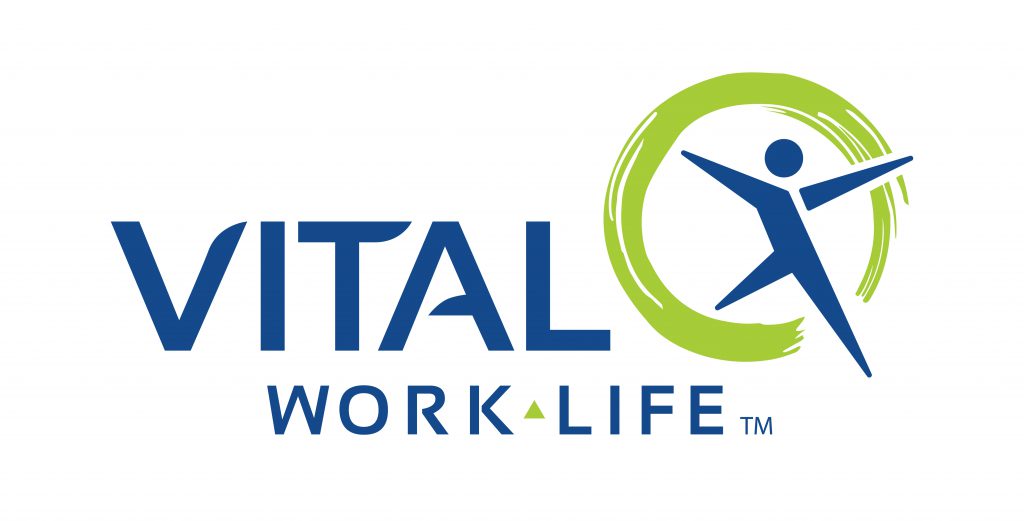Exceptional healthcare quality, top patient experience scores, sound financial performance and long-term success are all associated with organizations that exude a positive culture. Positive outcomes also reinforce a sense of accomplishment and facilitate further success and advancement. High-performing care teams are inherently focused on optimization and are eager to provide high-quality care; they also hold leaders accountable for providing requisite resources. What is more difficult to discern are the evolving, salient drivers of a positive culture, especially during a crisis.
The incredible stress that COVID-19 has placed on our care teams has highlighted the importance of well-being and resilience efforts to keep teams healthy. Increasingly, physicians and teammates need to feel empowered to be a part of the solution. Input from front-line teammates should be solicited and encouraged to guide initiatives and help chart the future.
Market analyses and large-scale aggregate data all provide C-suites, strategy teams and senior operational leaders with quantitative measures of how we compare with our local, regional and national competitors. However, our physicians and teammates also form comparisons that may not align with the big data. When surveying different communities around the country, it becomes very obvious that there are critical differences that can propel or destroy culture.
Wayne UNC Health Care endeavors to bridge the gaps between the urban, tertiary academic medical center and rural, community healthcare. “One UNC Health” includes the deliberate system of values that guide this cultural integration, firmly centered on patients and communities. With the ultimate goal of a shared culture and strategy, Wayne UNC Health Care will continually adapt to the changing needs and expectations around the state. Bidirectional learning and growth fuel this goal, and all senior leaders receive extensive training on leading change.
To ensure consistency and reward desired behaviors, Wayne UNC Health Care has developed a set of core values that are shared across the system.
Carolina Care is a holistic approach to patient care and to each other. It is a privilege to serve the people of North Carolina, and demonstrating kindness and compassion with every interaction is a must. This challenges every teammate to consider the impact and importance of their work in improving care quality and patient experience. No effort is insignificant, and all work is interdependent for optimal outcomes. From remote clinics and mobile units in underserved communities to widespread vaccination events, Wayne UNC Health Care has made adjustments to mitigate COVID-19 demands.
One Great Team emphasizes that we are better together and stronger as a team. Respecting each other’s differences ensures a more inclusive and equitable culture that encourages and supports input from everyone. As a cornerstone for empowerment, every team member is encouraged to provide input in decision-making, and feedback is actively solicited. This supplements medical and executive committees and offers additional opportunities to hear from physicians and teammates. The System Executive DEI Council ensures diversity, equity and inclusion, and health equity efforts are integrated into organizational strategy.
Leading the Way ensures every effort is focused on improving lives every day and training the next generation of healthcare professionals; Wayne UNC Health Care researchers are changing the world and facilitating innovative care. The organization is committed to health equity for all and works to educate teammates, patients and communities to address systemic disparities.
It Starts With Me ensures every teammate takes ownership of, and is accountable for, doing the right thing, every time. Everyone is empowered and trusted to step up and support each other, patients and our communities. When physicians and teammates go above and beyond, or identify unintended bureaucratic burdens, they are formally recognized and thanked by leaders at every level.
Sustainable engagement can only be obtained via collaboration, empowerment, recognition and mutual respect. A passionate team with a set of shared beliefs and values make Wayne UNC Health Care a best place to work and a best place to receive care—in person and remotely.
—Adapted from “Wayne UNC Health Care: Enhancing a Positive Culture,” Healthcare Executive, Jessie L. Tucker III, PhD, FACHE, president/CEO, Wayne UNC Health Care, Goldsboro, N.C.

